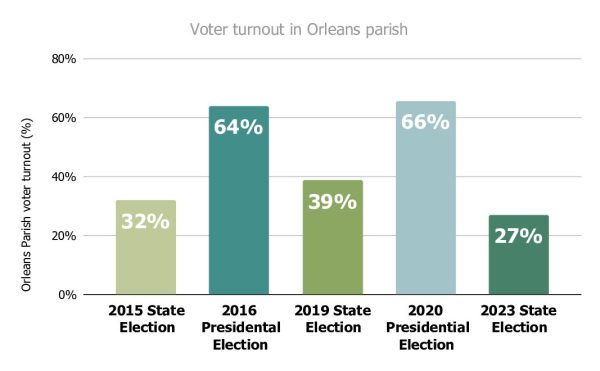Prison stocks fluctuate around political events
January 19, 2017
In August 2016, when the Justice Department announced it was going to phase out private prisons, the publicly-traded prison companies’ stock prices fell steeply.
GEO Group’s stock dropped by 40 percent, from $32.39 to $19.51 per share. CoreCivic, Inc., the largest private prison company, dropped 35 percent, from $27.22 to $17.57.
Private prison companies rely heavily on revenue from their Justice Department deals, with the department being CoreCivic’s main revenue source and GEO’s second-largest source, according to their 2015 financial reports.
Immigration and Customs Enforcement is GEO’s main customer and CoreCivic’s second.
In this year’s presidential election, the immigration department’s union endorsed Donald Trump, whose policy on deportations was expected to bring more people into detention centers in the coming years.
In September, Loyola University’s investment manager sold the university endowment’s stock in CoreCivic that had garnered criticism last year from the Divest Loyno student group.
According to Michael Hubbard, Loyola’s portfolio coordinator for financial affairs, the decision to sell the stock was the investment manager’s.
He said the manager sold the stocks because private prison companies had recently faced scrutiny from politicians and activists.
Hubbard said that as of July 31, 2016, the market value of Loyola’s holdings in CoreCivic was about $615,000 or 0.2 percent of Loyola’s endowment portfolio.
Hubbard did not disclose when in September the university sold its stock, but from Aug. 18 to Sept. 1, the total holdings depreciated by about $68,000.
The financial woes for the private prison companies weren’t long-lived, though. The morning after President-Elect Donald Trump won the Nov. 8 election, the stock prices for the publicly traded prison operators quickly rebounded.
GEO Group’s stocks jumped 22 percent. By Thanksgiving, it had completely made up the ground it lost after the justice department’s decision.
CoreCivic jumped a whopping 43 percent Nov. 9 but still hasn’t made up for its initial drop.















